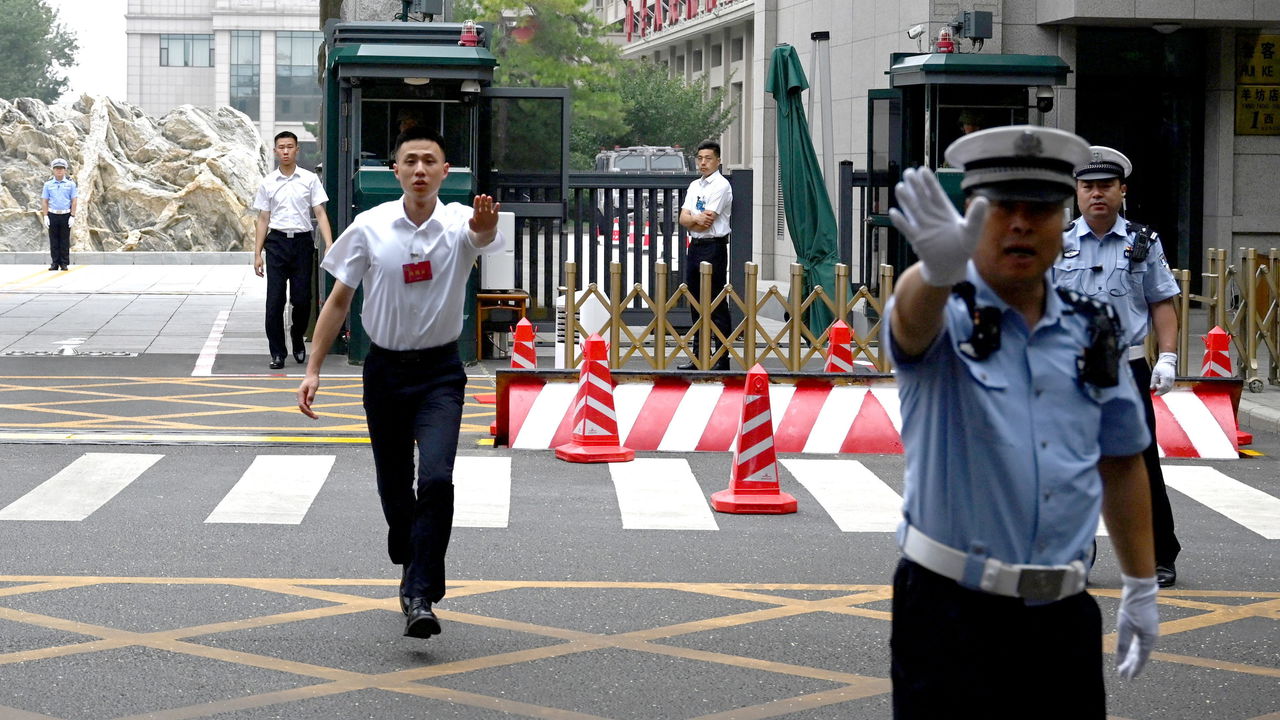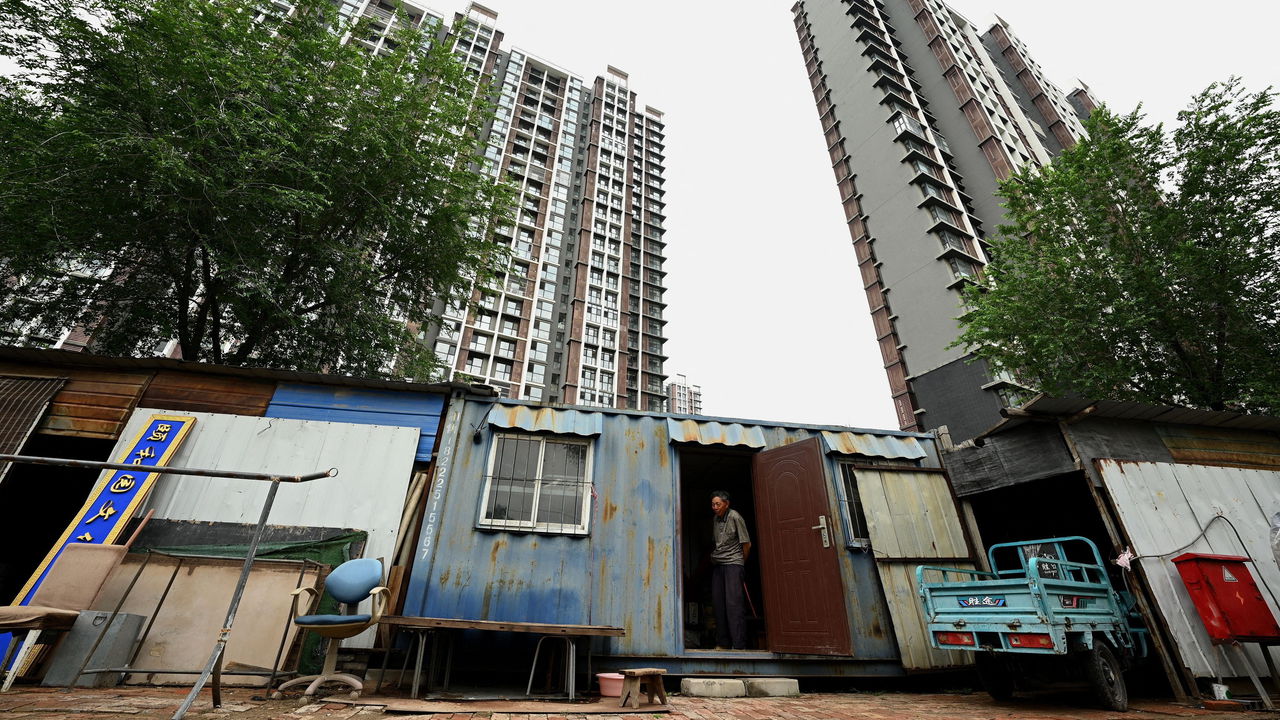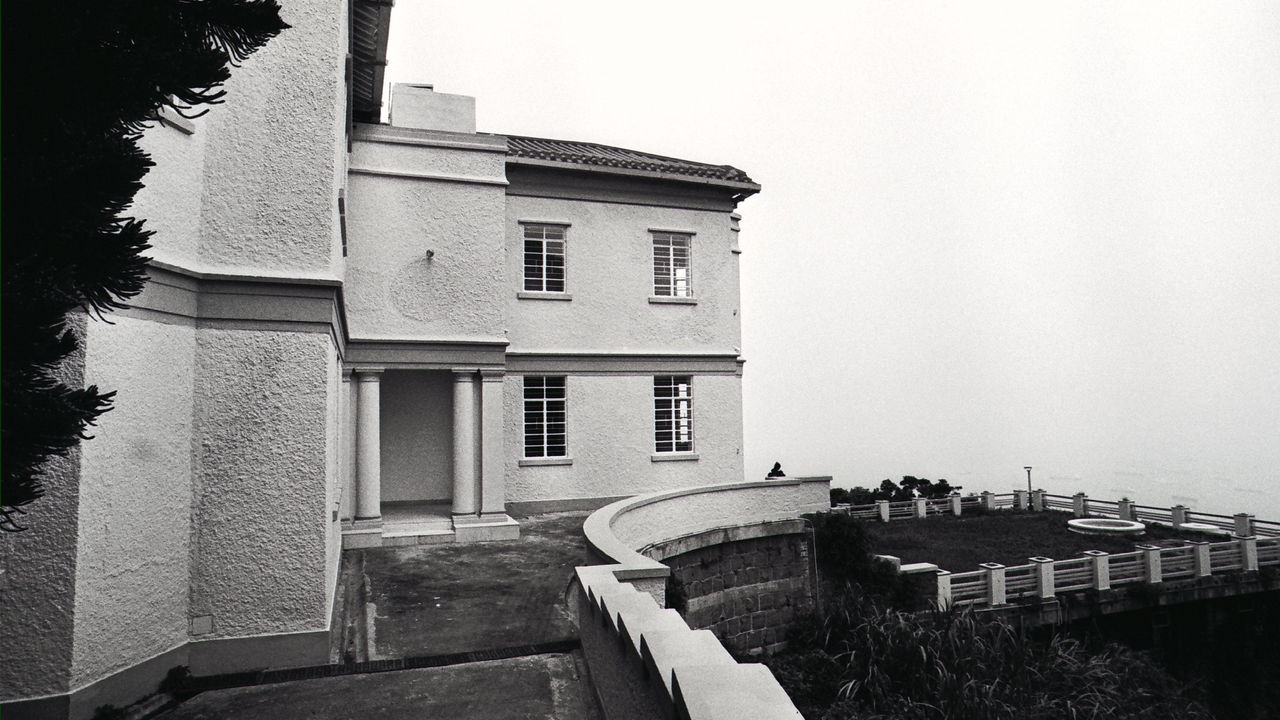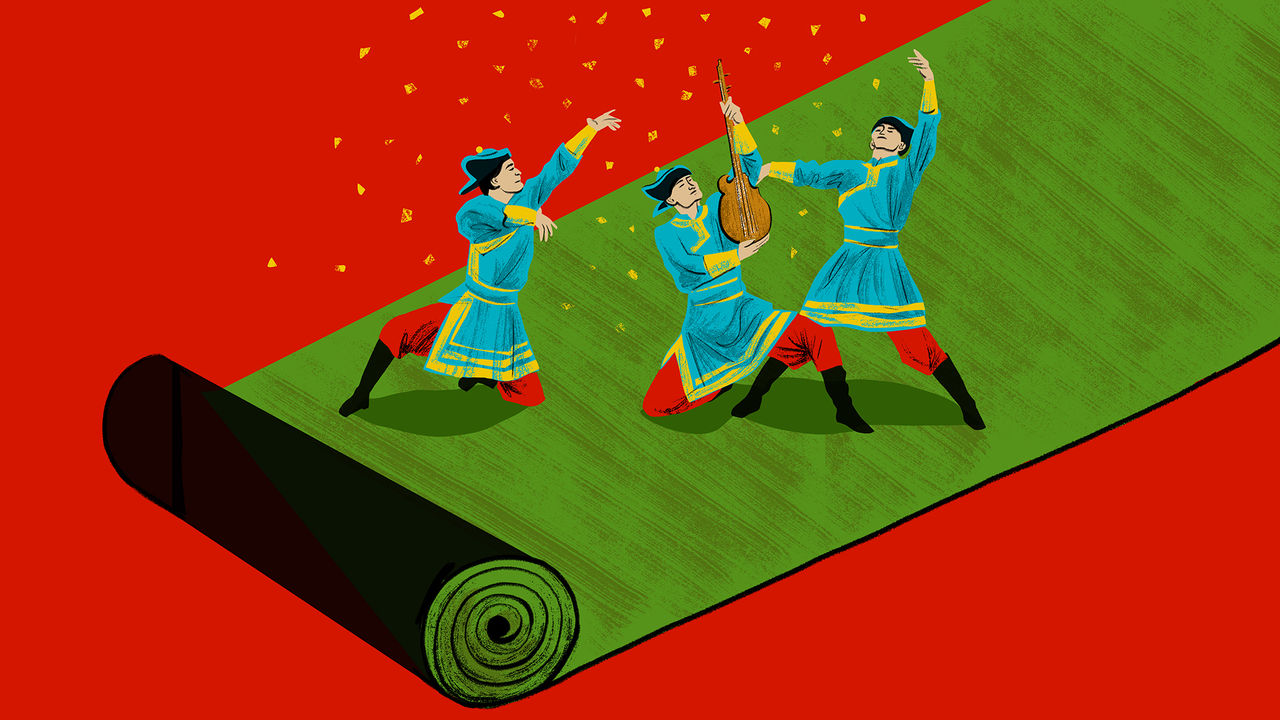The Chinese Communist Party has just finished its “third plenum”, a big meeting held roughly twice a decade devoted to long-term reform. From July 15th to 18th more than 360 members of the party’s Central Committee—including the country’s most senior political and military leaders as well as bosses of state firms—sequestered themselves in a Beijing hotel to master the latest party doctrine on “Further Deepening Reform Comprehensively to Advance Chinese Modernisation”. It could have been worse. The most famous third plenum, held in 1978, lasted a day longer and followed…
Day: July 18, 2024
Fury erupts in China over a food-safety scandal
Investigative journalism is a rarity in China. The Communist Party prefers stories that puff up its achievements. So readers paid particularly close attention when a newspaper run by the Chinese capital’s own party committee, Beijing News, deviated from the norm. On July 2nd it reported that cooking oil was being transported by lorry in containers that were also being used to carry liquid fuel. It said that, to save money, the vessels were being switched from one use to the other without being cleaned. In a country where food safety…
The No.1 reason for success in China? Connections
China’s ancient thinkers knew about the dangers of inequality. “Rulers need not worry about scarcity, but unevenness,” said the “Analects”, a collection of sayings attributed to Confucius, a philosopher of the 6th and 5th centuries BC. China’s leader, Xi Jinping, uses the language of Mao Zedong, but the message is the same. He calls for “common prosperity”, warning that in the West, wealth gaps have caused dangerous social divisions. The Economist
A spectre looms over Hong Kong’s property market
Properties on the Peak, a rich neighbourhood in Hong Kong, are among the world’s most desirable. But nobody lives in Dragon Lodge, an Italianate mansion built in the 1920s. It was abandoned shortly after it sold, for HK$118m ($15m), in 1997. Rumour has it that nuns were beheaded there during the Japanese occupation in the second world war; they haunt the shadowy halls. The Economist
When party propaganda falls flat
China’s Communist Party has an Astroturf problem. For a decade the party has worked to revive grassroots networks that withered during the me-first, get-rich-quick years of the 1990s and 2000s. Under Xi Jinping, China’s leader since 2012, vast resources have been deployed to make the party a growing presence in everyday life. Alongside lessons in Xi Jinping Thought, Maoist campaigns and slogans have been resurrected, tapping into popular nostalgia for a time when China was poor but more equal. The Economist




